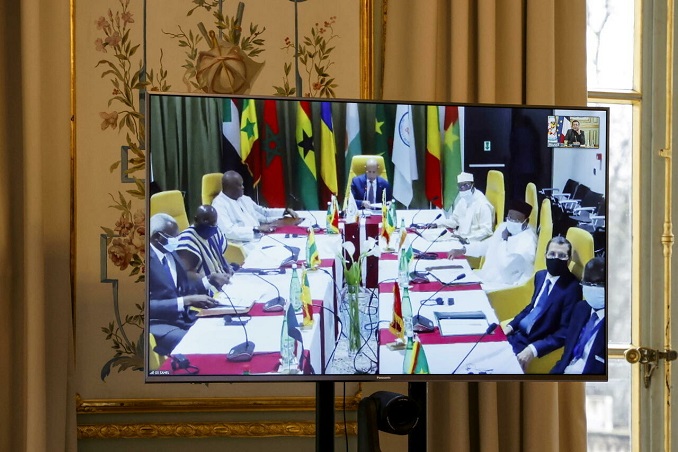Presidency comes at a cost; something that Mali’s junta has experienced as they have now decided to give up association with a Western jihadist group. This was decided as they realized that the jihadist association was preventing them from taking on leadership role in the mainstay.
Its associations saw many repercussions. For one, Mali was isolated from the G5 Sahel security force that deepened its estrangement after its neighbours hit it with sanctions in January over perceived foot-dragging in restoring civilian rule. The junta has gradually found itself losing its foothold in the country and therefore loss of credibility. Its whole insistence of coming into power was to save the country from militarist rule and a failing government.
Also Read: 5 Most Paid Moroccan Singers In 2022
A coup had therefore conspired in 2021. In response to its isolations, the junta feels it is being victimized. In a formal statement, the junta representatives have said, “The opposition of some G5 Sahel member states to Mali’s presidency is linked to manoeuvres by a state outside the region aiming desperately to isolate Mali,” it added, without naming that country.
The G5 Sahel, also includes Mauritania, Chad, Burkina and Niger, launched in 2014, with an anti-jihadist force added in 2017. Mali is struggling under sanctions imposed by other West African countries over the military’s decision to retain power following multiple coups. Economic ties have been weaking and trade has become minimal.
Also Read: The Modeling Industry Has Been Rocked By these Egyptian Beauties
The junta had opted for a two-year transition, while the Economic Community of West African States (ECOWAS) had been pushing for a 16-month period in maximum. The 2021 Malian coup d’état began on the night of 24 May 2021 when the Malian Army led by Vice President Assimi Goïta captured President Bah N’daw, Prime Minister Moctar Ouane and Minister of Defence Souleymane Doucouré.

